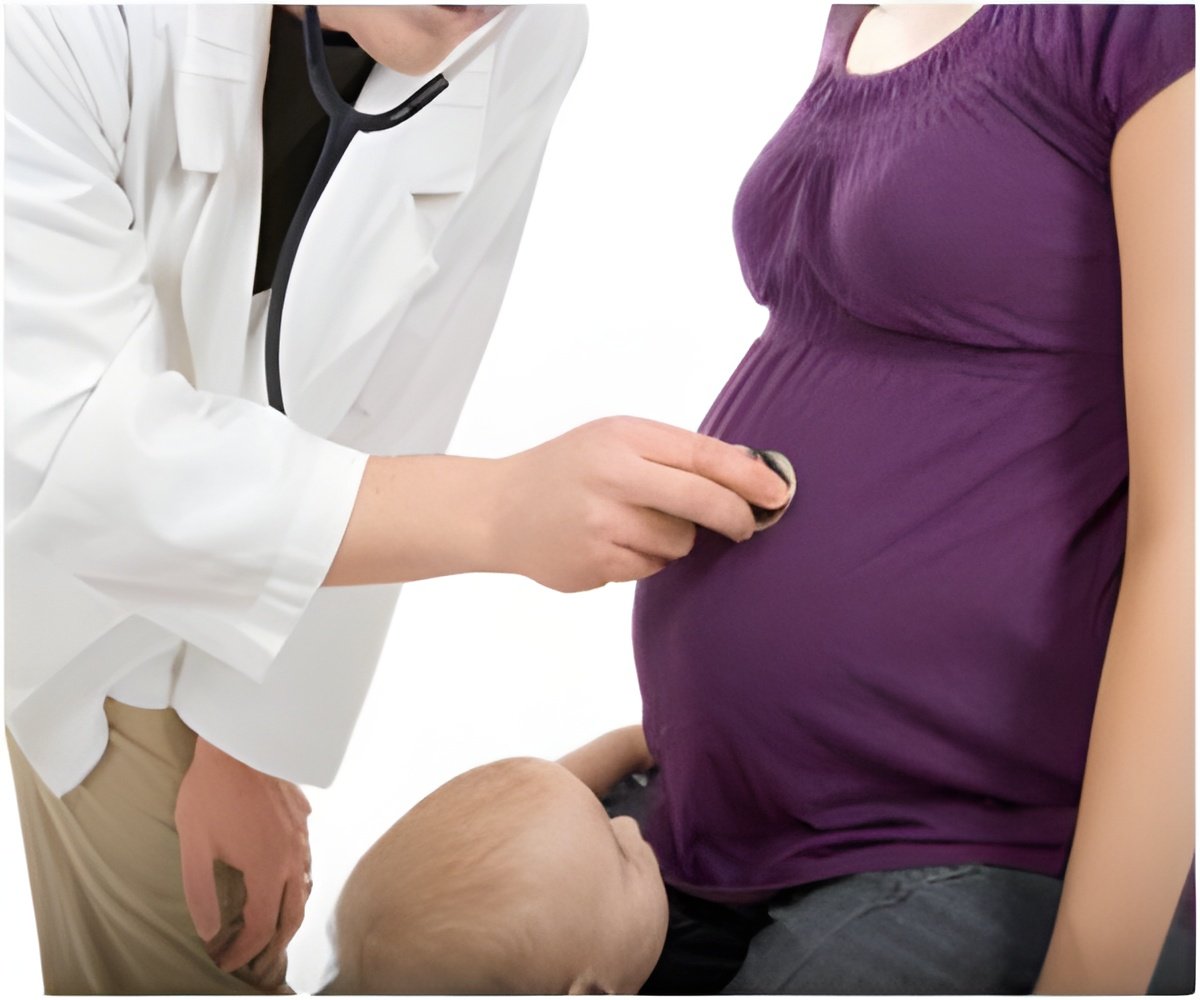A new study has found that expectant mothers who dealt with the strain during their pregnancy had children who were at elevated risk for abnormal health conditions at birth.

The children's health at birth was compared with that of siblings whose gestation didn't coincide with a major weather event.
The study found that mothers living within 30 kilometres of a hurricane's path during their third trimester were 60 percent more likely to have a newborn with abnormal conditions, which are detailed on birth records.
Those conditions included being on a ventilator for more than 30 minutes or experiencing meconium aspiration, which occurs when a newborn breathes in a mixture of meconium - or early faeces - and amniotic fluid around the time of delivery.
Increased risk was also found following exposure to weather-related stressors in the first trimester, while evidence was less clear for exposure in the second trimester. The researchers were able to isolate the impact of stress caused by the storm from other factors, such as changes in the availability of health care in a storm's aftermath.
The study breaks ground by honing in on new - and potentially better - ways to measure the impact of prebirth stress on newborns and opens avenues for further research into the potential impact on such children's later development, said lead researcher Janet Currie, Princeton's Henry Putnam Professor of Economics and Public Affairs at the Woodrow Wilson School of Public and International Affairs and director of the Center for Health and Wellbeing.
Advertisement
One potential cause of the health problems found in the study is an increase in stress hormones caused by the storm, which occurred in what is known as the neuroendocrine pathway.
Advertisement
"And it would be really great if we could follow over time and see what happens to children who are affected by these types of events," she added.
The study has been described in a working paper circulated in May by the National Bureau of Economic Research.
Source-ANI














